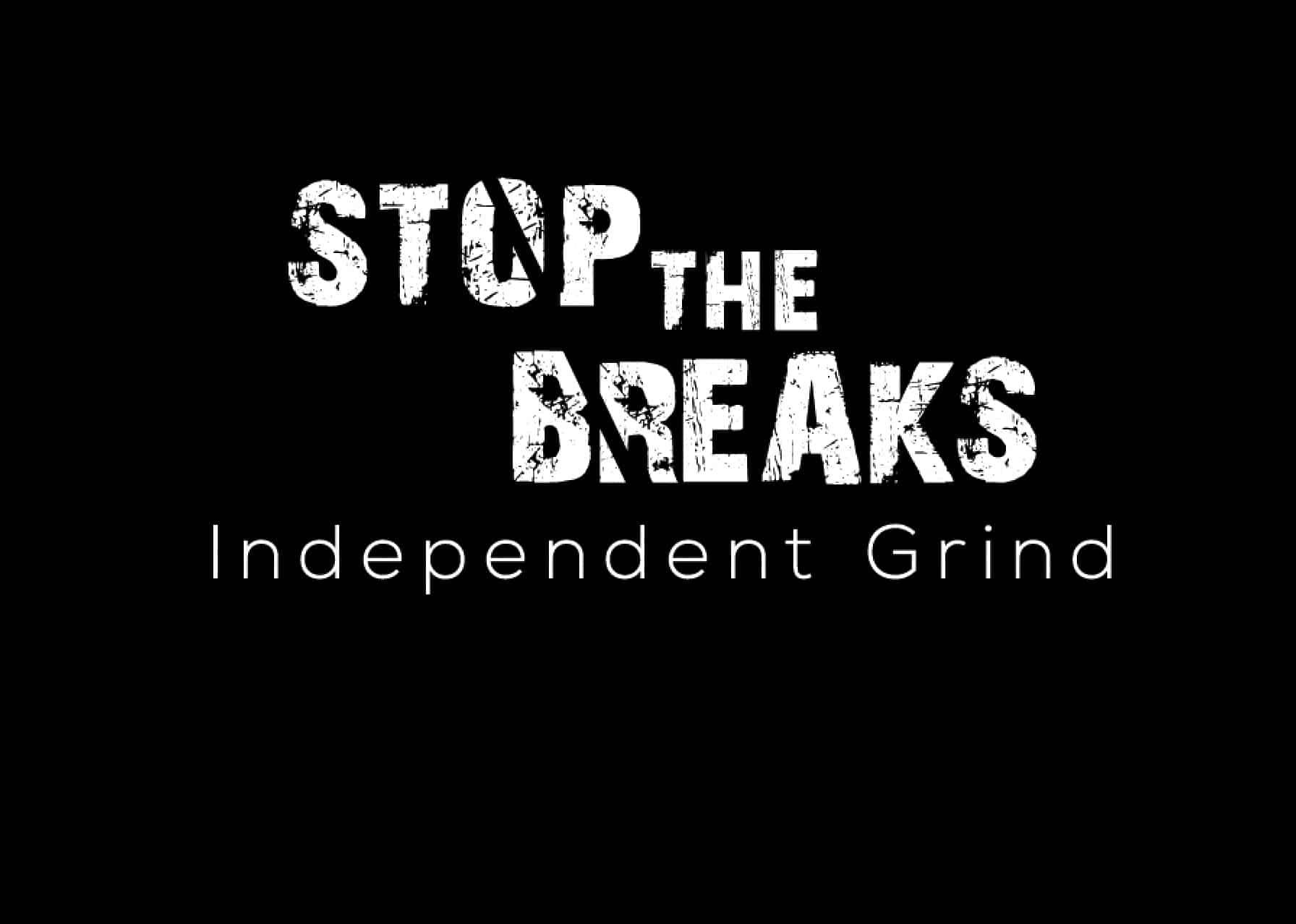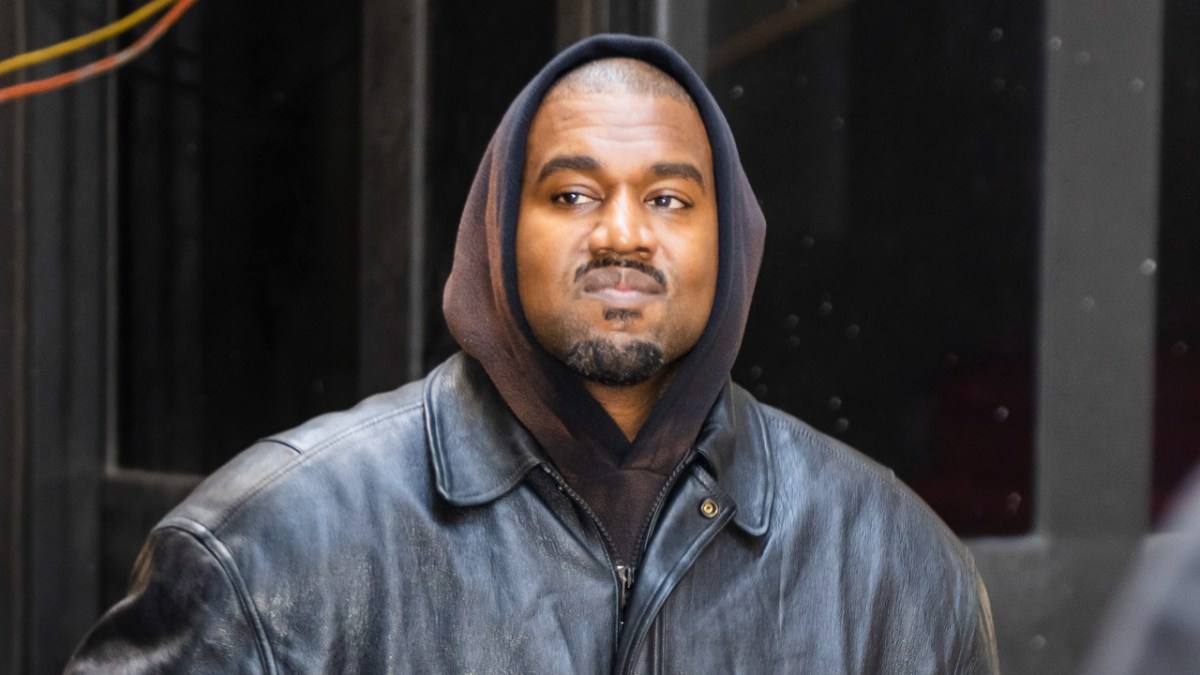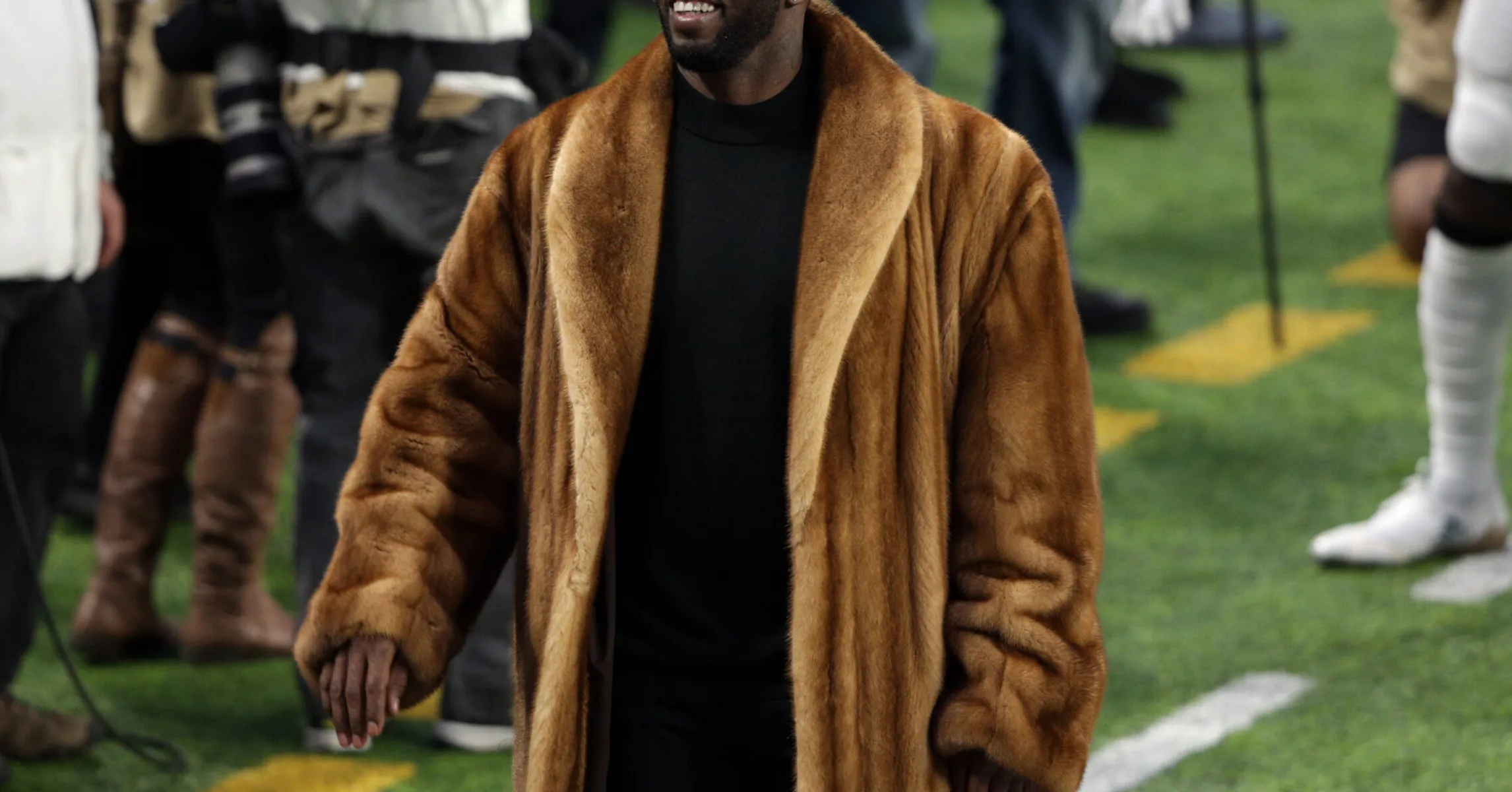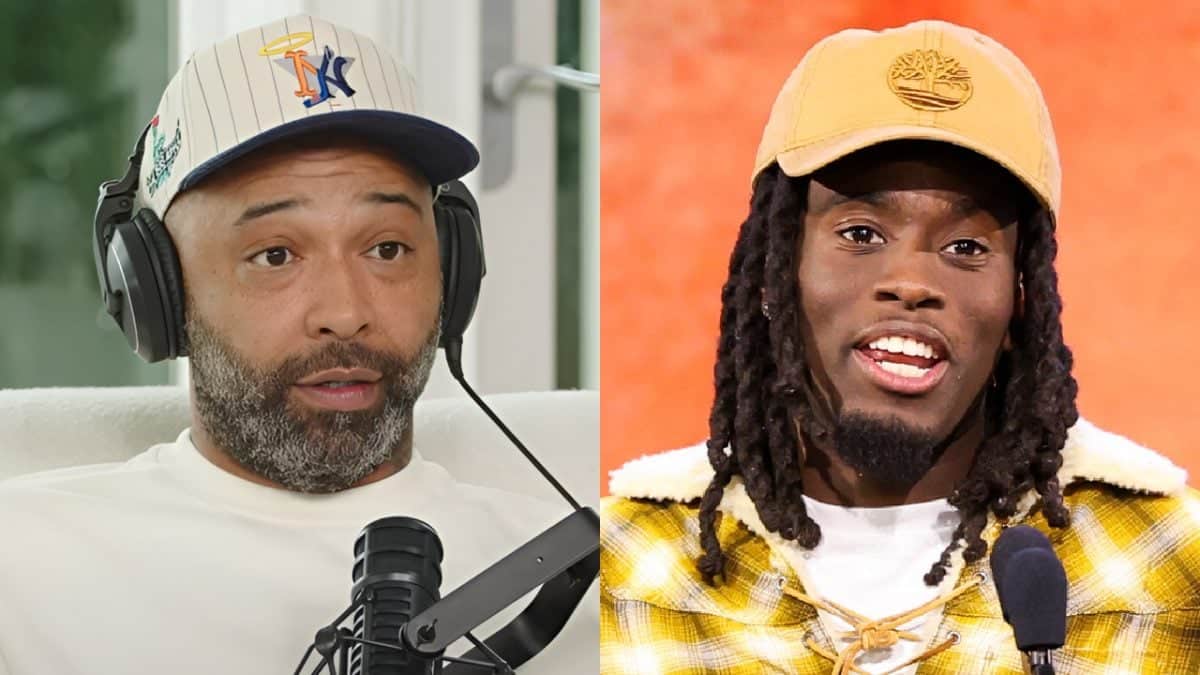Picture this: a lively debate erupts amongst a group of hip-hop enthusiasts, dissecting Drake’s relationships and collaborations within the music world. Do these partnerships reflect a genuine camaraderie, or are they driven by mutual need for street credibility and commercial success?
One notable voice in the conversation is Jacob York, who delves deeply into the subject of Drake, Kendrick Lamar, and the platform provided by media personalities like DJ Akademiks. York argues fervently that Drake’s collaborations with other artists are not as altruistic as some may believe. Instead, these partnerships are strategic moves to tap into each other’s audiences and bolster their own credibility and commercial appeal.
York draws comparisons from decades past, citing how legendary artists like Michael Jackson and Mariah Carey brought other talents onto their tracks. The debate centers on whether these collaborations were genuine attempts to uplift fellow artists or shrewd business decisions to enhance their own brand. From York’s perspective, Drake’s actions fall firmly into the latter category.
Underlying York’s argument is the assertion that Drake, despite his commercial success, requires the street credit and cultural authenticity that artists like Future, 21 Savage, and Rick Ross bring to the table. This is contrasted with Drake’s media persona, which some view as less authentic, akin to ‘cosplaying’ a version of urban music culture rather than genuinely embodying it. The idea is that Drake benefits from these collaborations more than his partners do, challenging the narrative that he is the one offering a ‘stimulus package’ to lesser-known artists.
This conversation inevitably pivots to the broader landscape of hip-hop and commercial music. York points out that Taylor Swift’s collaborations with Kendrick Lamar and how K-pop stars feature rap artists follow a similar logic: blending commercial appeal with a veneer of cultural authenticity. This isn’t about one artist boosting another out of kindness; it’s about mutually beneficial exchanges where both parties gain something valuable.
Adding another layer to the conversation, comparisons are made between Drake and J. Cole. Both artists share similar ethnic backgrounds, yet they are viewed differently in terms of cultural authenticity within the hip-hop community. J. Cole is often seen as genuinely ‘for the culture,’ while Drake’s authenticity is frequently questioned. This dichotomy is attributed to their personal histories and how they engage with their identities and the music scene.
The debates get more personal when discussing Drake’s upbringing and how it might influence his standing in the hip-hop world. Growing up in Canada with a mixed ethnic background, Drake may not have the same cultural immersion as some of his peers. This perceived disconnect fuels the skepticism about his authenticity, despite his undeniable talent and commercial success.
In the end, the discussion circles back to the impact and motivation behind these collaborations. Are they merely business strategies, or do they also carry a genuine desire to blend and elevate the genre? For many, including York, it seems clear: the commercial benefits often overshadow any altruistic intent, especially when it comes to artists as savvy and strategic as Drake.
The debate about Drake’s influence and authenticity in hip-hop is far from settled. Whether seen as a strategic collaborator or a genuine cultural participant, his impact on the music industry is undeniable. Yet, conversations like these highlight the complex dynamics at play, challenging fans to rethink how they view their favorite artists and their collaborations.




